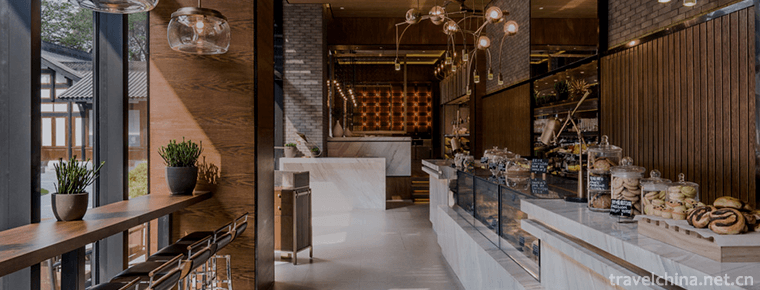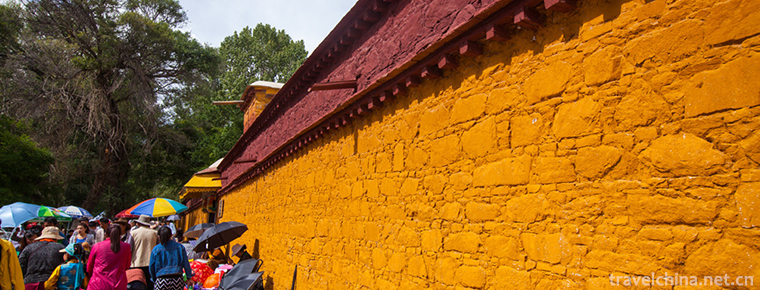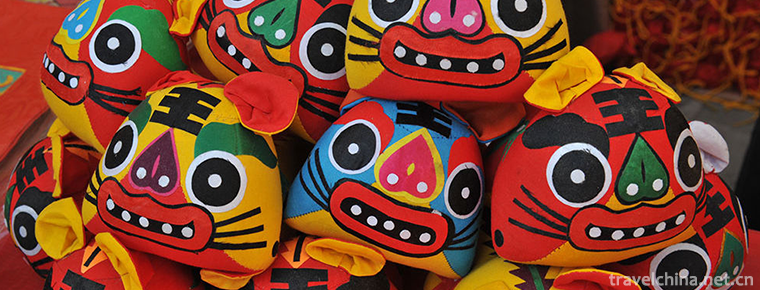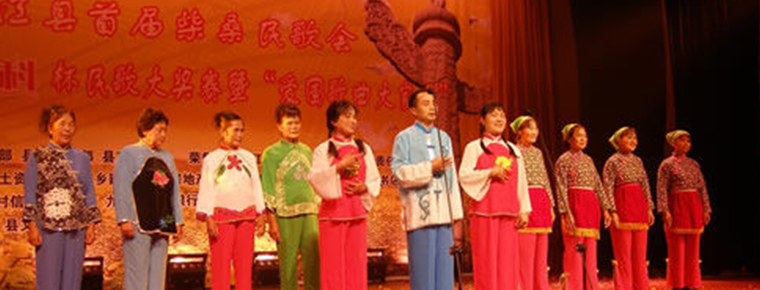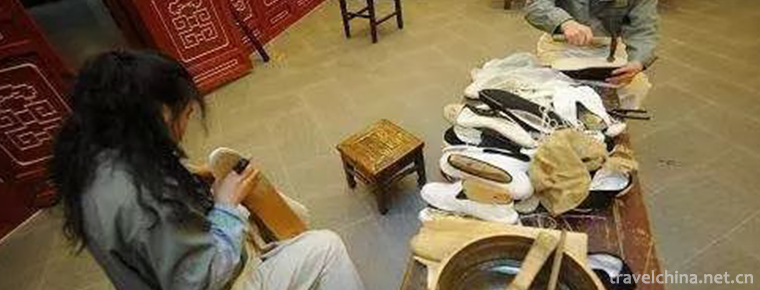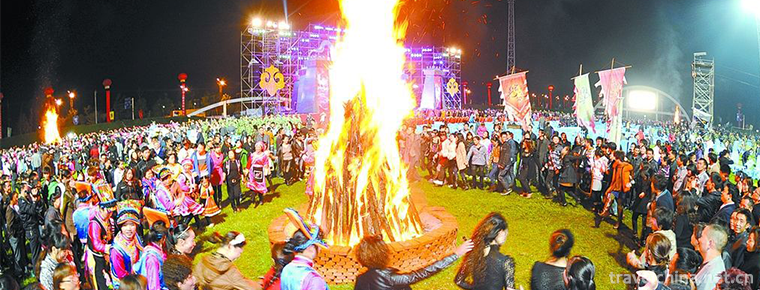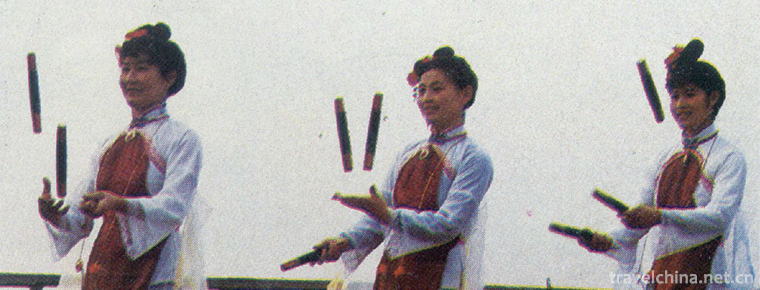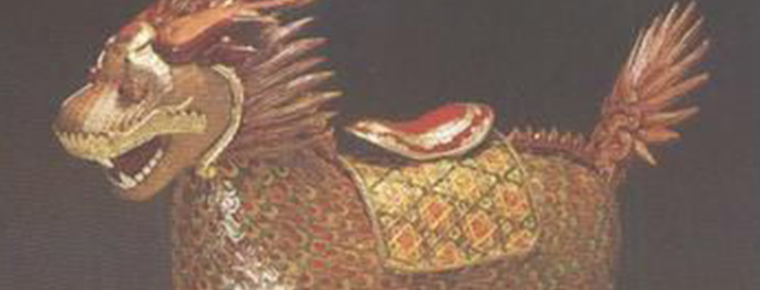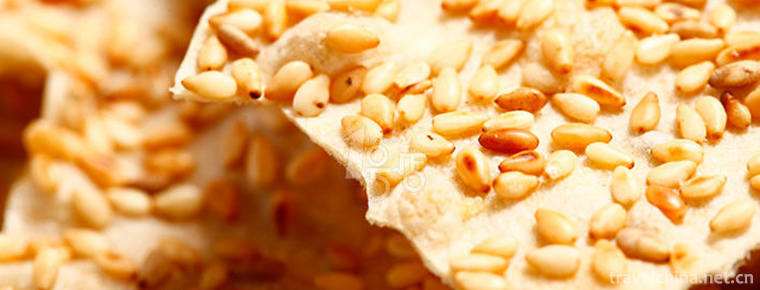Make a chant
Make a chant
Bamboo and hemp trumpet is a traditional folk song of Qionglai City, Sichuan Province. It belongs to a kind of labor trumpet sung by local papermaking workers when playing bamboo and hemp. It is mainly popular in Jinhua Village, Jinhe Village, Yangwan Village, Lugou Village, Tongle Village and Huacai Village of Pingle Town in Chengdu. Bamboo and hemp trumpet singing is primitive, simple, extensive and high-spirited. It is one of the intangible cultural heritages of a few traditional folk singing genres in Western Sichuan. It has strong local characteristics and unique artistic charm.
On June 7, 2008, the production number was approved by the State Council and listed in the second batch of national intangible cultural heritage list.
Singing Style
The singing style of bamboo and hemp trumpets is the traditional folk music form of "one leading group and harmony type". In the heavy and monotonous work process, when the hook hand is long nail rake, the bamboo and hemp trumpets need to be played to the workers, the loud song of bamboo and hemp trumpets began to ring throughout the paper mill. At the beginning, a worker led the singing, and then many workers joined in chorus, in order to achieve the purpose of inspiring energy, unified rhythm, expressing feelings and eliminating fatigue. With the rhythm of the trumpet from slow to fast, the movement of paper workers is becoming more and more vigorous and powerful. When the bamboo and hemp are almost finished, the mood of workers and the chant of the trumpet also reach a climax, giving people a sense of inspiration and enthusiastic and unrestrained artistic beauty.
Singing features
The songs and tunes of bamboo and hemp chant include high tune, flat tune, chain buckle, silk tune and twist tugging, etc. They are rich in rhythm and change. The content of the lyrics is also rich and delicate, the randomness and flexibility of the paragraph are strong, and the linings such as "wordy bah", "fei", "moo" are often used between the paragraphs, especially the traditional aria "Decades of February".
Here, the passion for work and the emotion of singing are perfectly unified. The lyrics of bamboo and hemp chant mainly reflect local traditional folk customs and folk arts, local social and economic conditions and people's production and lifestyle. And with the change of the times, the content is also updated, which has a strong artistic vitality.
Beating bamboo and hemp is the most arduous work in the traditional manual papermaking process. It needs tools to break the whole bamboo. Therefore, people have invented the bamboo and hemp chant to express happiness and life in the arduous work. With the development of social economy, today Pingle Town and its nearby handmade paper mills have gradually been replaced by machine paper, but bamboo and hemp chants are still retained as a popular form of folk music, which has become a witness of that era.
Inheritance value
Most of the surviving old papermaking workers in Pingle can sing bamboo and hemp chants completely. In the 1950s, the bamboo and hemp trumpets collected and sorted out were put on the stage and became the unique folk literary and artistic programs of Bazi in Western Sichuan. This simple slogan originated from life, has participated in Sichuan literary and artistic performances and won prizes, but also to the Great Hall of the People to participate in the national folk song elite performance, won the audience's favorite and highly praised.
The bamboo and hemp chant records an unforgettable history. Nowadays, the ancient paper-making site of Pingle ancient town has been listed as the cultural relics protection unit of Chengdu. The bamboo and hemp chant born in the process of paper-making has also become a popular "original ecology" repertoire on the stage of tourists and literature and art. The inheritance and development of bamboo and hemp chant is undoubtedly a memory and praise of an era, a kind of life and a kind of creation.

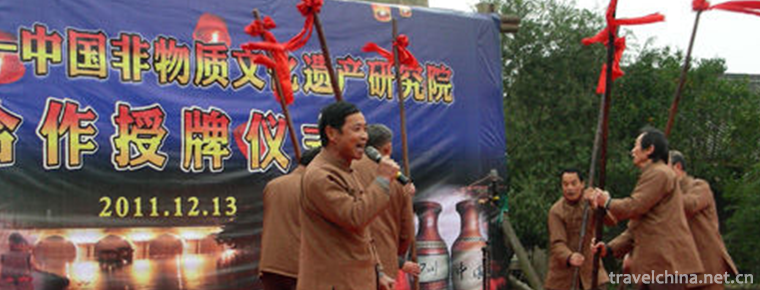
-
The Temple House Bo she Hotel
Located in Chengdu, the Bosch is a luxury hotel with a unique style, which combines the beauty of traditional and modern design. The shape design is charming and energetic, reflecting the city's legen.
Views: 268 Time 2018-12-16 -
Luo Bu Lin Ka Roblinka
Roblinka is a national key cultural relic protection unit, located in the western suburbs of Lhasa, Tibet. Founded in the 1840s (Dalai VII), the Dalai Lama's summer administration place is a typical T.
Views: 185 Time 2019-02-06 -
Yinghu Scenic Area
Yinghu, a national AAAA-level tourist area, is located 16 kilometers southwest of Ankang City, Shaanxi Province. The total area is 102.8 square kilometers, including 77 square kilometers.
Views: 163 Time 2019-03-05 -
Cloth tiger
Cloth tiger is a kind of traditional handicraft which has been widely spread among Chinese people in ancient times. It is also a good toy for children, indoor decoration.
Views: 246 Time 2019-04-04 -
Jiujiang folk songs
Jiujiang folk song is a traditional folk song that is popular in the surrounding areas of Chengmen, Ma Huiling, Huanglao Men, Lion and Chengzi Town in Jiangzhou District, Jiujiang City.
Views: 185 Time 2019-05-08 -
Manufacturing Skills of Inside Lined 1000 Layer Cloth Shoes
Inline Shoe Shoe Shoe Shoe Shoe Shoe Shop was founded in 1853 in Xianfeng, Qing Dynasty. At first, it was specially designed for the royal family and officials at all levels t.
Views: 301 Time 2019-06-07 -
Qiang Nationality Year
The Qiang Year is a traditional festival of the Qiang people, also known as the Year of the Youth, which is held on October 1 of the lunar calendar every year. In Maoxian area, there are special regul.
Views: 179 Time 2019-06-10 -
Three stick drum
Sanwanggu is a kind of folk singing form widely spread in Youyang of Chongqing, Yongshun County of Longshan County in Western Hunan, Zhangjiajie and Wuyang, Tianmen and Enshi Prefecture in southwester.
Views: 299 Time 2019-06-12 -
Bamboo weaving in Shengzhou
Shengzhou bamboo weaving is one of the traditional handicraft products in Shengzhou, Zhejiang Province. Shengzhou bamboo weaving technology is distributed in the bamboo producing areas of the city, in.
Views: 129 Time 2019-06-14 -
Health preservation in traditional Chinese medicine
Health preservation in traditional Chinese medicine refers to a kind of medical activity that can prolong life by taking care of life, strengthening physique and preventing diseases in various ways. H.
Views: 231 Time 2019-08-03 -
Zhou Cuns Baking Cake Making Skills
Zhou Cun's baking technology has a history of more than 1,800 years. According to Zizhi Tongjian, in the three years since Emperor Heng of Han Dynasty Yanxi, Hucai vendors have been exiled in Shandong.
Views: 289 Time 2019-08-10 -
Famous people in Mianyang
Wenqi, Emperor chengdi of Han Dynasty, Guangwu people, Ziqi, Zhenyuan General of the Eastern Han Dynasty..
Views: 328 Time 2020-12-14
